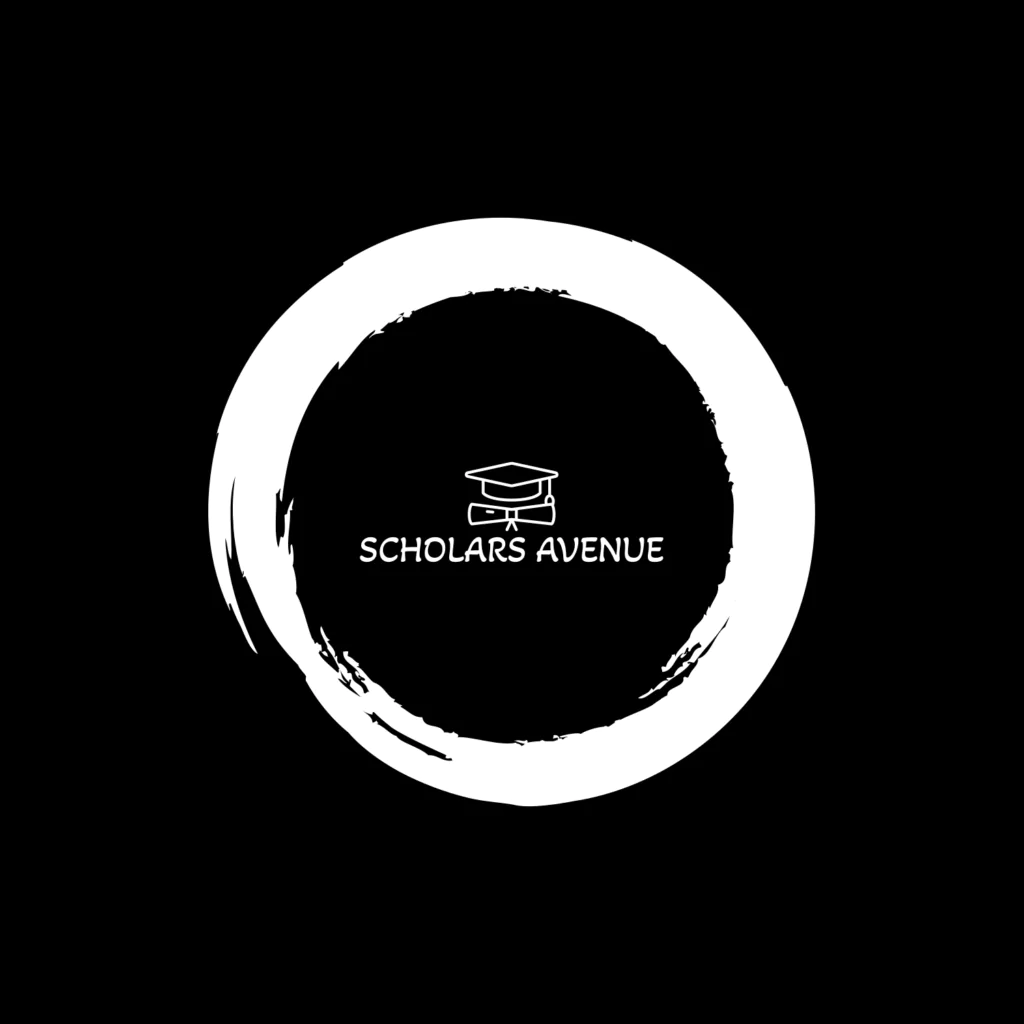Canada remains a top choice for international students, offering excellent education, reasonable tuition fees, and great post-graduation work and immigration opportunities. Study in Canada promises a unique and enriching experience that can pave the way for a successful career. This guide aims to help you navigate the journey of study in Canada in 2025, from understanding visa requirements to exploring scholarships and living expenses.
Why Choose Canada for Your Studies in 2025?
Canada attracts nearly half a million international students and is renowned for its high-quality education, affordable tuition, and globally recognized degrees. The country offers an outstanding quality of life, numerous post-study work opportunities, and a welcoming atmosphere, making it a prime destination for students from all over the world.
Visa Requirements for Students
To study in Canada, you need a study permit. This document allows you to stay and study in the country, while a visitor visa or Electronic Travel Authorization (ETA) permits entry into Canada. It’s crucial to stay enrolled and make consistent progress in your course.
- Study Permit: Validates your stay and study in Canada.
- Visitor Visa or ETA: Authorizes your entry into Canada.
Learn more about the Scholarships in Canada
Tuition Fees and Cost of Study in Canada
The cost of studying in Canada varies based on the program and institution. Below is an overview of the average annual tuition fees:
| Study Program | Average Annual Fee (CAD) |
|---|---|
| Undergraduate Program | $13,000 to $20,000 |
| Postgraduate Master’s Degree | $17,000 to $25,000 |
| Doctoral Degree | $7,000 to $15,000 |
| Master of Business Administration (MBA) | $30,000 to $40,000 |
Various Canadian scholarships can help reduce your educational expenses.
Read more about the Cost of Studying in Canada
Scholarship Opportunities for International Students in Canada
Here are some noteworthy scholarships available for international students to study in Canada:
| S.No. | Name of the Scholarship | Description |
|---|---|---|
| 1 | Shastri Indo-Canadian Institute | Offers various fellowships at different levels from graduate to post-doctorate and from research to training fellowships |
| 2 | Canadian Commonwealth Scholarship and Fellowship Plan | Identifies students with high intellect from Commonwealth countries applying to programs of advanced study and research at the Master’s and Ph.D. level |
| 3 | Ontario Graduate Scholarship Program | For graduate students in a wide variety of disciplines |
| 4 | National Research Council of Canada (NRCC) | Research associateship for master’s degree holders in engineering and Ph.D. holders in natural science or engineering disciplines |
| 5 | Quebec Provincial Government Scholarship | For students studying in Quebec |
| 6 | Ontario Trillium Scholarship | For doctoral students from around the world to study in Ontario |
| 7 | Partnership Grants by the Social Sciences and Humanities Research Council of Canada | For Ph.D. candidates |
| 8 | Banting Postdoctoral Fellowships | For postgraduate programs in natural science, social sciences, or healthcare research |
| 9 | Vanier Canada Graduate Scholarships | For meritorious students pursuing a doctoral degree at a Canadian institution |
Find Scholarships for International Students at McGill University
Academic Intakes in Canadian Universities
Unlike the single intake in many countries, Canadian colleges and universities offer three intakes:
- Fall: Starts in September; the most popular intake among students.
- Winter: Starts in January; suitable if you miss the September intake.
- Summer: Starts around April and May; available for limited programs and colleges.
Best Courses to Study in Canada
Popular courses for international students in Canada include:
- Computer Science
- Business
- Engineering
- Health Sciences
- Physiotherapy
- Information Technology
- Animation and Gaming
- Hospitality
Explore How to Write a Letter of Motivation
Top Universities in Canada
Here are the top universities to consider to study in Canada:
| S.No. | Institution | QS Ranking 2023 (Globally) |
|---|---|---|
| 1 | University of Toronto | 34 |
| 2 | McGill University | 31 |
| 3 | University of British Columbia | 47 |
| 4 | University of Montreal | 116 |
| 5 | University of Alberta | 110 |
| 6 | McMaster University | 152 |
| 7 | University of Waterloo | 154 |
| 8 | Western University | 172 |
| 9 | University of Ottawa | 237 |
| 10 | University of Calgary | 242 |
Check World University Rankings
Employment Prospects Post-Graduation
Canada offers abundant job opportunities for international students during and after their studies. The country is considered one of the best for establishing business operations, and many sectors are actively seeking skilled graduates. As a student, you can work part-time during your studies and full-time during breaks.
Living Expenses in Canada
The cost of living in Canada can vary significantly depending on the city and lifestyle. Here are some common expenses:
- Accommodation: Varies by city and type of housing.
- Communication Costs: Around CAD 20 per month for phone and data.
- Textbooks and Supplies: CAD 250 to CAD 350 per term.
- Personal Expenses: Depends on lifestyle choices.
Looking to maximize your chances of acceptance?
Consider using our Professional Services to polish your application and stand out from the crowd.
For detailed videos on relevant opportunities check out:
Frequently Asked Questions (FAQs)
What are the academic exams required to study in Canada?
Graduate Management Aptitude Test (GMAT)
Graduate Record Examinations (GRE)
Law School Admission Test (LSAT)
Scholastic Assessment Test (SAT)
Medical College Admission Test (MCAT)
Are Canadian qualifications recognized worldwide?
Yes, degrees from Canadian institutions are globally recognized and respected for their quality.
Can students work during their studies in Canada?
International students can work for up to 20 hours per week during term time and full-time during holidays.
How much does it cost to study in Canada?
The cost varies depending on the program and institution, ranging from CAD 13,000 to CAD 35,000 per year.
How to justify a study gap after high school in Canada?
Acceptable reasons include professional experience, medical issues, skill development, and preparation for entrance exams.
What is the Student Direct Stream (SDS) for Canada?
SDS is a program designed to expedite the visa process for eligible students, often processing applications within 20 days.
Which are the top universities for MS in Canada?
McGill University
University of British Columbia
University of Alberta
Université de Montréal
McMaster University
University of Waterloo
Western University
University of Ottawa
University of Calgary
University of Toronto
What is the scope of diploma courses after high school in Canada?
Diploma courses offer internships and job placements, with institutions providing career guidance and support.









